This past summer, CEC hosted five free webinars as part of our Solid Waste Webinar Series. The series ran from July through August and offered attendees an opportunity to earn Personal Development Hour (PDH) credits while listening to our experts explain subjects impacting today’s solid waste operations. In Pennsylvania, engineering licenses are renewed every two years. Professional engineers must earn 24 PDH credits during each biennial renewal period to remain licensed. Clients from companies nationwide were invited to attend these one-hour webinars.
- Landfill Air Compliance – Regulations & Beyond presented by Jennifer Flannery

In August 2016, new emission guidelines for existing municipal solid waste (MSW) landfills (those landfills that commenced construction, modification, or reconstruction on or before July 17, 2014) were issued under the Code of Federal Regulations. Once implemented through the Federal Plan (or a State-specific approved plan), the intention was to replace the “old” New Source Performance Standard, Subpart WWW. The Federal Plan became effective on June 21, 2021.
Nearly a year after the Federal Plan became effective, this webinar provided a high-level review of the regulations, discussed some of the potential remaining regulatory confusion, and explored what may be coming next for your MSW landfill.
- Developing Solar Power on Closed Disposal Facilities presented by Rick Buffalini, P.E.

Changes in energy markets and regulations providing incentives for renewable energy have resulted in an increased interest in developing solar projects in many areas of the United States. Closed MSW landfills and coal combustion residual (CCR) landfills and impoundments provide an opportunity for solar power development, but also present challenges that need to be considered. Projects can provide both economic returns to the facility owner and positive public relations in using the property in an environmentally beneficial way.
This presentation reviewed the current energy market and regulatory conditions that are resulting in increased solar energy production and addressed the technical and regulatory challenges associated with developing solar power projects at several closed MSW landfills and CCR surface impoundments. Several case studies were presented that address the various types of disposal facilities and regulatory/design challenges.
- Solid Waste and the E of ESG presented by Kris Macoskey, QEP

Public disclosure of ESG performance metrics has become commonplace. Companies use ESG performance to demonstrate their corporate stewardship, to attract and retain shareholders, and to obtain performance ratings to differentiate them from competitors. In this session, Kris discussed environmental performance metrics that are material to the solid waste industry.
- Emissions and Control of Hydrogen Sulfide Odors at Landfills presented by Ken Kruszynski, P.E., CEM
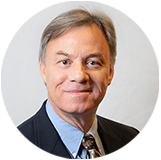
Hydrogen sulfide in landfill gas, formed with the biodegradation of MSW, is a major odorous component in a landfill. Hydrogen sulfide poses a potential risk to humans and regularly results in odor problems and complaints by those residing near landfills. This presentation described the formation of hydrogen sulfide encountered in landfill gas, the impact of hydrogen sulfide on the environment and human health, and hydrogen sulfide control and odor mitigation technologies available for landfills.
- Leachate Management and Treatment presented by Greg Werner, P.E.
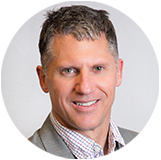
Leachate and other landfill-generated liquids (gas condensate and dewatering liquids) can be some of the most challenging industrial wastewaters to manage and treat. Typically, elevated organics and ammonia are the drivers for treatment selection. However, leachate is comprised of compounds from a combination of sources that need to be evaluated for permit- or performance-driven reasons. Less predominant or non-regulated leachate compounds need to be considered that may cause process inhibition or foul treatment processes. Effluent limitations on other non-biodegradable or persistent compounds may drive the need for alternative treatment methods. The very nature of leachate does not lend itself to the conventional application of treatment methods to meet typical effluent limitations.
During this presentation, we explored the different technologies employed solely or collectively in leachate treatment to remove solids, biodegradable organics, nutrients, oil & grease, volatile organic compounds, refractory and persistent compounds, metals, and dissolved inorganics. The discussion included a breakdown of how each technology can be utilized and its limitations. Additionally, case studies were presented to detail how both simple and complex treatment process schemes have been employed to achieve an owner’s objectives.
Stay tuned for more information regarding our 2023 Solid Waste Webinar Series!
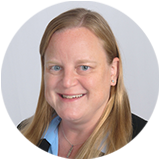
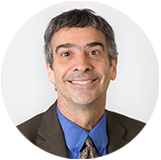
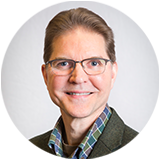



Post a Comment